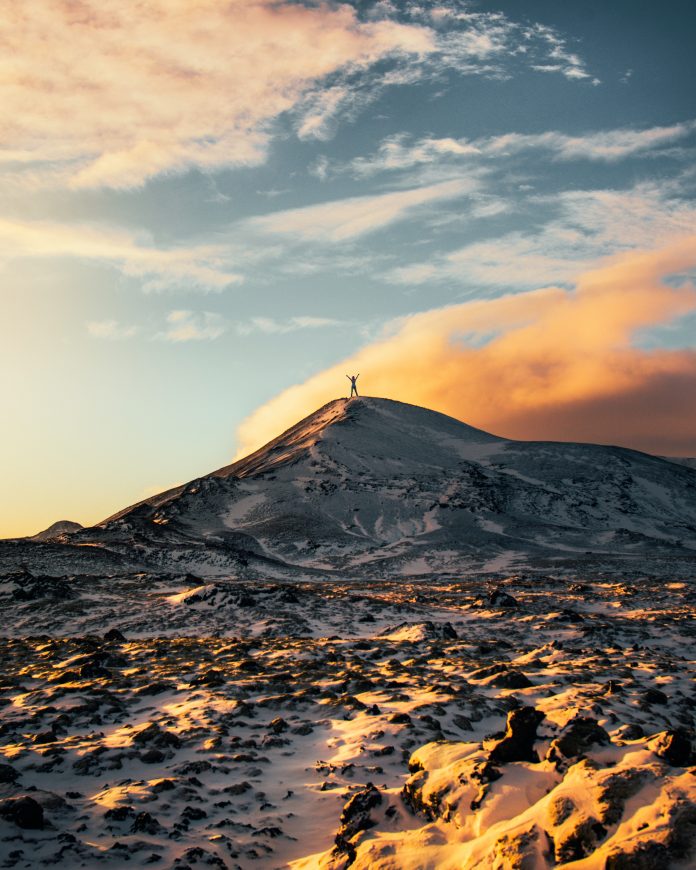
In a previous article, I explained that if there is a God who created the laws of morality, then those same laws must also contain the perfect and ever-good nature of that God. Now I am switching sides because in philosophy it is fascinating and imperative that we view these issues from the other side. Since morality does indeed exist, the question of free will must be addressed. Every action we take causes an internal and external result. This alleged ability to do and act as we please is one of the fundamental qualities of being human. We are not driven solely by the instincts of sustenance, sex, sleep, and going to the bathroom. Rather, we have free will based off our understanding of what separates “good” and “evil”, allowing for us the ability to also decide whether each action has a negative or positive outcome for ourselves and others. I want to challenge this idea in the context of an all-powerful, all-knowing, and ever-present Creator.
In this situation, we are only to examine the aspect of this Creator’s omniscience. Now, the traditional belief is that this Creator gave us free will out of an abundance of love while simultaneously maintaining its power of omniscience. From the standpoint of playing devil’s advocate, this belief should not be taken contently. It seems to me that two scenarios challenge our fundamental understanding of our own free agency vis-a-vis this Creator’s power of omniscience. The first scenario is that the Creator did in fact give us free will; the other scenario is that we have no free will whatsoever. In the case of the first scenario, it would follow, then, that as a result of our own free will, the assumption that the Creator is omniscient is invalid. If free will exists and, just as Jean-Paul Sartre believes, our lives are simply the sum of all the choices we have made and consequences that follow, then there very well may not be an all-knowing Creator.
The second scenario is by far the more fascinating scenario to consider, as it challenges our belief of free will in the context of the immediate moment. If the Creator is indeed omniscient, then we simply do not have this free agency. If this assumption of omniscience is true, then two interesting questions arise. The first question pertains to whether or not our lives have been predetermined from the very beginning. It is only by answering this question with a resounding “yes” that we can investigate further, for if we were to reject this idea then we would be back at Point A. Thus, we must ask ourselves why we feel that we have free will in the first place if our lives were set into motion since the very beginning. It is not up to me to decide the answer to this question. However, it is my strong belief that free will both exists and does not exist. By this, I mean that an “illusion of free will” exists. The fundamental law of this illusion is that if we surrender ourselves to this idea of predeterminism, we are able to maintain a feeling of autonomy in the immediate moment of making a choice. We have subconsciously accepted this illusion because it's comforting for us to believe that we have control over our lives and the situations in which we find ourselves, even though deep down we know that life will play out in the way that it was intended to from the very beginning.
